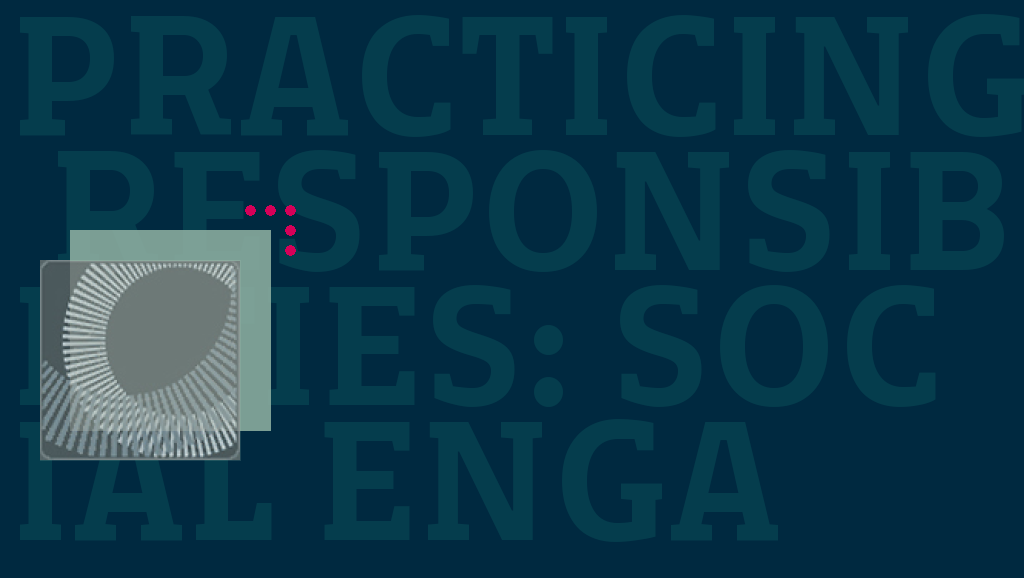At the Trento EASST conference, held 1-4th September 2010, workshop/track 32. “Practicing Responsibilities” was co-chaired by Cristina Grasseni (University of Bergamo / Bassetti Foundation); Luca Guzzetti (University of Genova) and Giuseppe Pellegrini (University of Padova) within the theme “social engagement, controversy and innovation”.
The latest issue of EASST Review is available for download at EASST Review (3) 2010 containing reports from the Trento conference, including an analysis of attendees at 25 years of European Association for the Study of Science and Technology, and a discussion of its implications for the development of the social studies of science and technology.
The “Practicing Responsibilities” workshop presented more than one issues that deal directly with possible interpretations of the Bassetti Foundation’s mission, namely fostering responsibility in innovation.
Maximilian Fochler of the Department of Social Studies of Science at the University of Vienna presented fresh research results on “Innovation policy” and its tacit governance effects on the societal responsiveness of researchers in the life sciences. Drawing on biographical interviews with life scientists in Austria as part of the project “Living Changes in the Life Sciences. Tracing the ‘Ethical’ and ‘Social’ within Scientific Practice and Work Culture” (Project Leader: Ulrike Felt), Fochler explained that an overt focus on competitiveness and networking in science labs has a worsening effect on the capacity of young scientists for integration in society. The call for societal responsibility then risks to remain a mere lip service within a tacit governance that in fact drives young scientists towards closure to society.
Guido Nicolosi, of the Department of Sociology, at the University of Catania focussed on innovation, social practises and ‘tailor made technologies’, explicitly referring to a corpus of philosophical and socio-anthropological analysis best known as the ‘theory of practise ‘. For instance, according to the anthropologist Francois Sigaut (1994) ‘the entire history of technics might be interpreted as a constantly renewed attempt to build skills into machines by means of algorithms, an attempt constantly foiled because other skills always tend to develop around the new machines’ (Sigaut, 1994). As the biologist Susan Oyama (1998) claims, modern techno-science is pervaded by an idealistic aim of democratizing knowledge, but generates a technocratic and globalized elite.
“Biotechnology”, concludes Nicolosi, “is a very emblematic case. Developing countries have been expropriated of their huge deposits of material and symbolic resources and have been marginalized from the scientific knowledge production processes applied, for example, to agriculture”. “The political problem here is that global elites are social professional communities, but they are hardly disembedded by the wider forms of life (Hannerz, 1998).”
Both Nicolosi’s and Fochler’s papers opened the way to a proactive discussion on where we could find actual experiences of new strategies of re-appropriation of technology. This points precisely to those ‘reskilling practises’ (Giddens, 1991), quoted by Nicolosi, that Grasseni identified in alternative food networks, in which farmers and consumers try to co-produce together new styles of production and consumption.
I shall get back to this in my next post, which will cover other papers presented at the session.
















